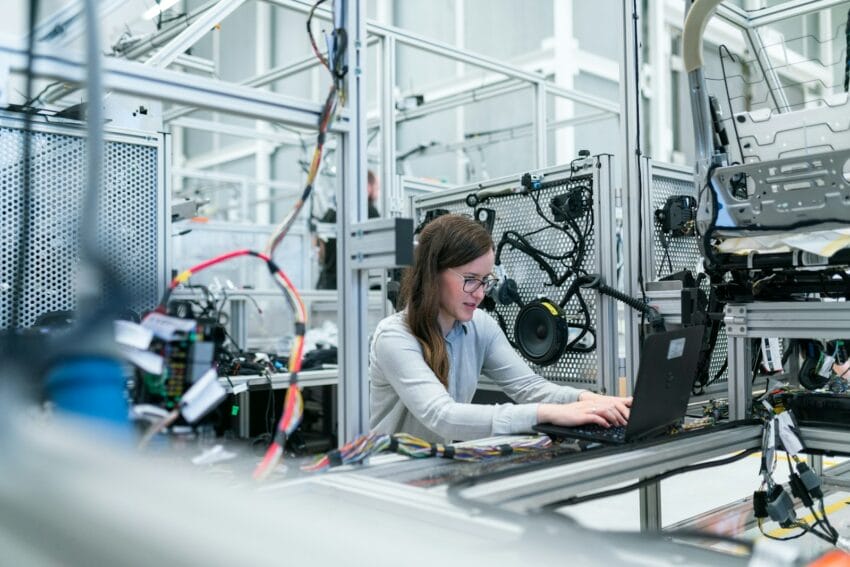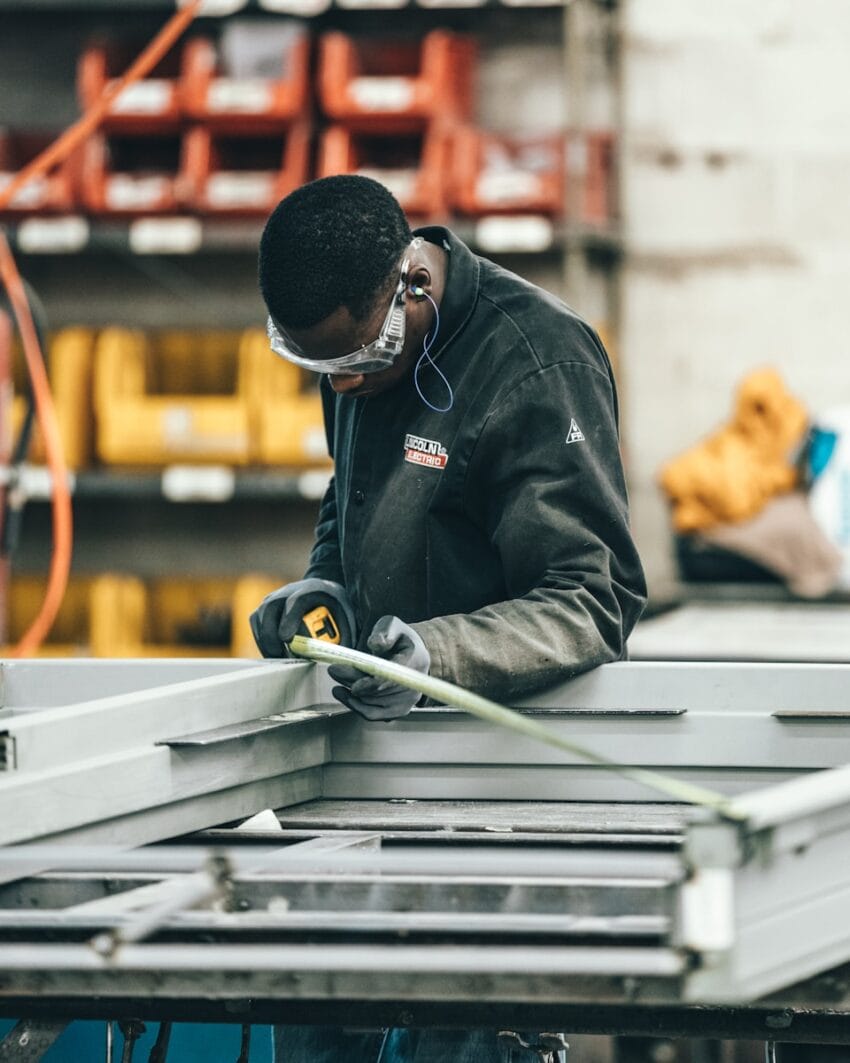In today’s fast-paced work environments, ensuring the safety of employees is a fundamental concern for businesses across all sectors. From manufacturing facilities to corporate offices, the implementation of robust safety measures is essential to prevent accidents, injuries, and potential liabilities. In this comprehensive exploration, we delve into the critical role of quality spare parts and proactive safety measures.

The Importance of Quality Spare Parts:
Quality spare parts are the backbone of reliable equipment performance in any workplace setting. From machinery in industrial plants to appliances in commercial spaces, using genuine spare parts is vital for maintaining operational efficiency and ensuring safety. For instance, Dyson spare parts, renowned for their quality and durability, exemplify how investing in premium components can enhance workplace safety.
By replacing worn-out or defective parts with genuine replacements, businesses can minimise the risk of equipment malfunctions that could lead to accidents or disruptions. Consider a scenario where a malfunctioning motor in an office vacuum poses a potential safety hazard. By promptly replacing the faulty motor with an authentic Dyson spare part, not only is the vacuum restored to optimal performance, but the risk of electrical hazards is also mitigated, ensuring a safer working environment for employees.

Proactive Safety Measures:
In addition to using quality spare parts, proactive safety measures are essential for safeguarding employees and mitigating workplace risks. These measures encompass a wide range of practices and protocols designed to identify, assess, and address potential hazards before they escalate into safety incidents. While the specifics may vary depending on the industry and workplace environment, common proactive safety measures include regular inspections, employee training, hazard assessments, and emergency preparedness.
For instance, in a manufacturing facility, regular equipment inspections are conducted to identify any signs of wear or potential malfunctions. By addressing issues proactively and replacing worn components with genuine spare parts, the facility minimises the risk of equipment failures that could lead to accidents or production delays. Similarly, a retractable safety barrier strategically placed in high-risk areas helps prevent an employee’s access to hazardous zones, in turn reducing the likelihood of accidents and ensuring compliance with safety regulations.
Case Study: Implementing Proactive Safety Measures in a Corporate Environment:
Let’s examine a case study of a corporate office implementing proactive safety measures to enhance workplace security. The office employs a comprehensive safety programme that includes regular safety training sessions, ergonomic assessments, and emergency response drills.
As part of the safety programme, employees receive training on proper lifting techniques and ergonomic workstation setup to prevent musculoskeletal injuries. Additionally, safety barriers are installed in designated areas to prevent slips, trips, and falls. Moreover, the office conducts regular fire drills and emergency evacuation exercises to ensure that employees are prepared to respond effectively in case of emergencies.
Conclusion:
In conclusion, the integration of quality spare parts and proactive safety measures is paramount for fostering a safe and secure work environment. Whether it’s using genuine spare parts to maintain equipment reliability or implementing proactive measures to identify and address potential hazards, businesses must prioritise safety to protect their employees and assets. By investing in premium components and adopting proactive safety practices, organisations can create environments where employees can work confidently and productively, free from unnecessary risks and hazards.
